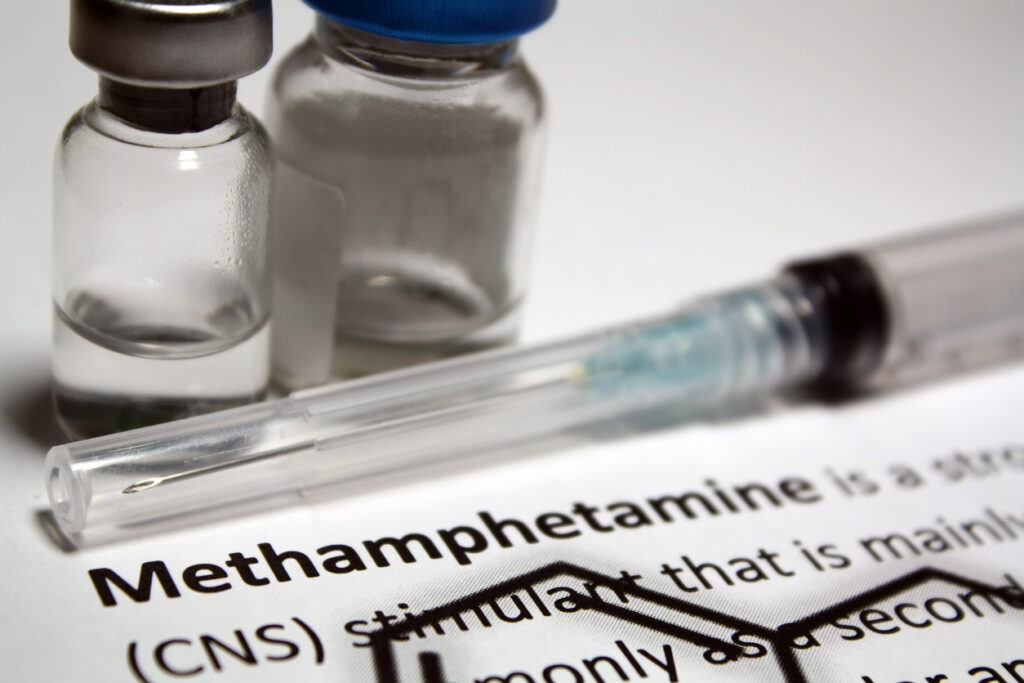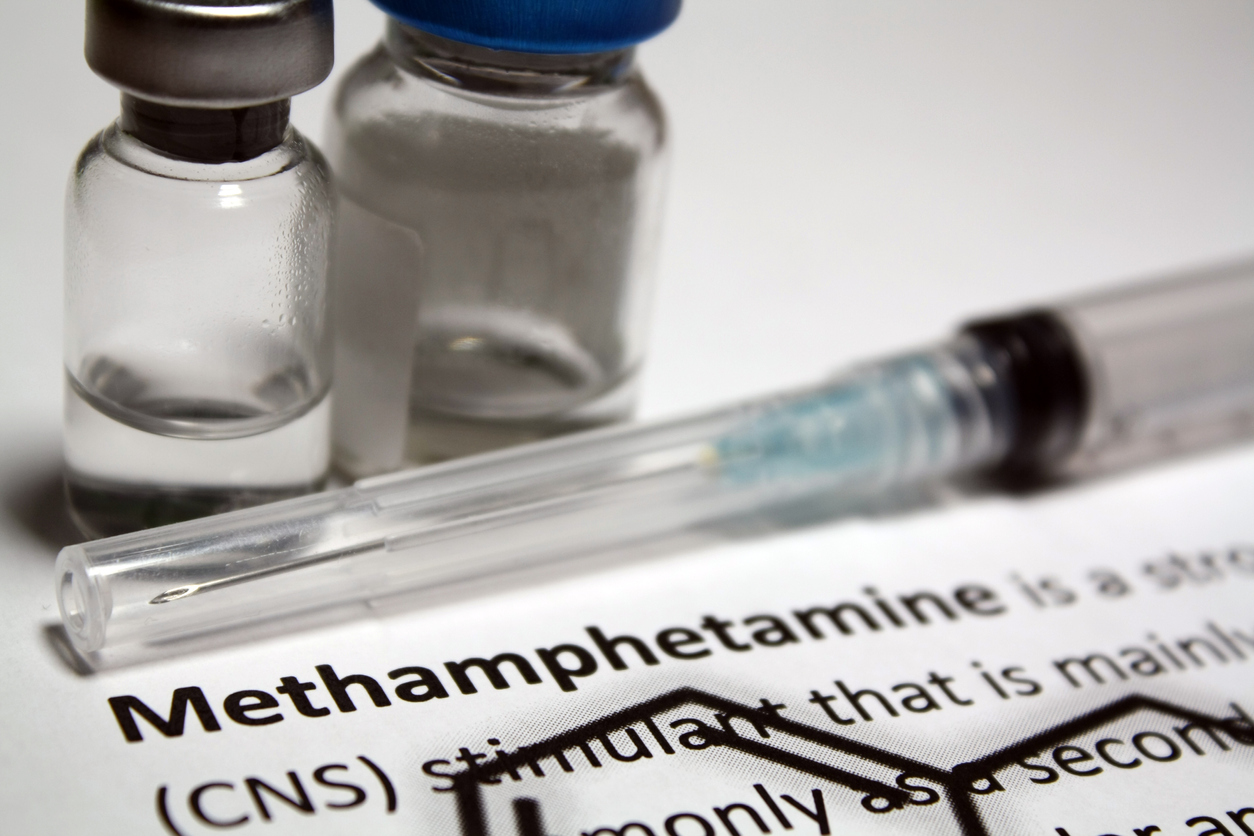We can hardly go one day without hearing about the rising rates of drug addiction in our country. Or worse hearing the heartbreaking story of a loved one struggling with addiction. Drug addiction has crippling effects on families, communities, and individuals.

As dental professionals, we are trained to look for the oral signs of drug abuse. It is a difficult but necessary conversation to have. We have our patient’s best interests and overall health always top of mind. If you know someone who is struggling with addiction, please share the Substance Abuse and Mental Health Services Administration (SAMHSA) National Helpline with them.
Specific Oral Health Effects of Methamphetamine
Today we’re going to focus on the specific oral health effects of Methamphetamine (Meth) abuse. “According to a 2008 study by the United Nations, approximately 25 million individuals around the world use methamphetamine.1 Between 2008 and 2014, however, the number of methamphetamine users more than doubled.
Worldwide, as many as 52 million people between the ages of 15 and 64 are estimated to have used amphetamine-type stimulants for nonmedical purposes in 2014.2 It is the second most widely abused recreational drug (following cannabis).2 (Dimensions)”
Rampant Tooth Decay
It is common to see rampant tooth decay (“Meth Mouth”) in most individuals abusing Meth long-term. The causes of such decay are most commonly dry mouth (xerostomia) and long periods of poor oral hygiene. Meth itself is also acidic, lowering the pH of the oral cavity. A dry mouth in any population is a big risk factor for cavities.
If proper care is not taken to counteract the effects of dry mouth, decay will progress quickly. If a patient is in recovery and ready to restore their teeth, there are many steps we can take. First of all, adding a high-concentration source of sodium fluoride is imperative. This fluoride will prevent new decay from starting, as we are restoring existing cavities.
Short Term Plan to Control Decay
Many people recovering from Methamphetamine addiction may not be ready financially to completely restore their teeth. In this case Silver Diamine Fluoride (SDF) may be the best alternative. SDF is applied topically and is approved for use as a desensitizing agent.
The extra benefit to SDF is that it has also been shown to arrest dental caries. In conjunction with regular sodium fluoride use, we can develop a short-term plan to control rampant tooth decay. Your dentist and hygienist will develop an individualized plan based on your needs and desires. Restoring your oral health can be a long road at this point, but we will be with you every step of the way.
Addiction
If you have someone close to you that you feel might have an addiction or maybe even just in the beginning of forming a horrible habit; it can be very difficult to know how to broach the topic. A user, of any kind, should not be approached when under the drug’s influence.
If you can, try to catch them at a sober time (ideally, when the motivation to get better is elevated) to talk with them about going into treatment and why they personally might want to stop the habit as soon as possible. Go into it knowing you will encounter some difficult emotions, including denial, anger, and justifications of their use and the problems caused by it.
Avoid your own emotions that make you want to argue with them or get into a back-and-forth dialogue. Instead, approach them with empathy. Avoid blaming them and say that you’re concerned about their drug use. You can also calmly lay out clear boundaries of what you’ll accept in the future, but avoid making threats.
No Judgement
We know that the result of rampant decay can leave many feeling ashamed or hopeless about their teeth, but we are always here to help. We offer no judgments and are only looking to provide you with the best oral health care possible.
In most cases, there is also are a very high financial burden when it comes to restoring health to any part of our bodies when coming into recovery.
Avoid your own emotions that make you want to argue with them or get into a back-and-forth dialogue. Instead, approach them with empathy. Avoid blaming them and say that you’re concerned about their drug use. You can also calmly lay out clear boundaries of what you’ll accept in the future, but avoid making threats.
At Laurel Dental we want our community to know that we are willing to be a resource in this area. We are willing to have consults with the Dentist to explain treatment options, and as well as follow with a financial consult to ensure the plan is attainable.
If you or someone you know is ready to restore their smile on their road to recovery, we would love to help. As we stated earlier, please share the National Hotline with anyone you think may benefit from it!
References
Mouth Healthy – https://www.mouthhealthy.org/en/az-topics/m/meth-mouth
ADA – https://www.ada.org/~/media/ADA/Publications/Files/patient_55.ashx
Dimensions of Dental Hygiene Journal – https://dimensionsofdentalhygiene.com/article/Caring-for-Patients-Who-Abuse-Methamphetamine/
Substance Abuse and Mental Health Services Administration – https://www.samhsa.gov/find-help/national-helpline
How to Help a Crystal Meth Addict – https://drugabuse.com/crystal-meth/how-to-help-an-addict/


